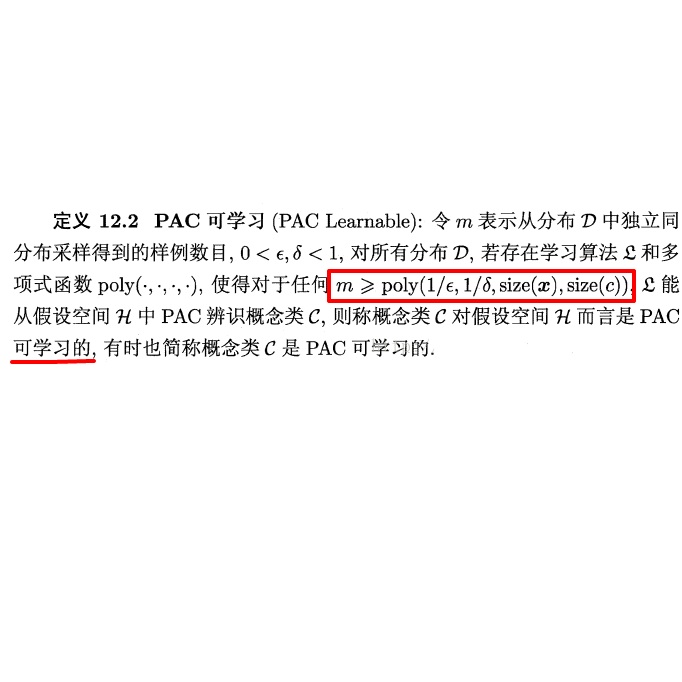In the optimization of dynamic systems, the variables typically have constraints. Such problems can be modeled as a Constrained Markov Decision Process (CMDP). This paper considers the peak constraints, where the agent chooses the policy to maximize the long-term average reward as well as satisfies the constraints at each time. We propose a model-free algorithm that converts CMDP problem to an unconstrained problem and a Q-learning based approach is used. We extend the concept of probably approximately correct (PAC) to define a criterion of $\epsilon$-optimal policy. The proposed algorithm is proved to achieve an $\epsilon$-optimal policy with probability at least $1-p$ when the episode $K\geq\Omega(\frac{I^2H^6SA\ell}{\epsilon^2})$, where $S$ and $A$ is the number of states and actions, respectively, $H$ is the number of steps per episode, $I$ is the number of constraint functions, and $\ell=\log(\frac{SAT}{p})$. We note that this is the first result on PAC kind of analysis for CMDP with peak constraints, where the transition probabilities are not known apriori. We demonstrate the proposed algorithm on an energy harvesting problem where it outperforms state-of-the-art and performs close to the theoretical upper bound of the studied optimization problem.
翻译:在优化动态系统时,变量通常会受到制约。这类问题可以模拟成一个约束性马可夫决策程序(CMDP)。本文考虑了峰值限制,在峰值限制中,代理商选择政策以最大限度地提高长期平均报酬,同时满足每一次的限制。我们提议了一个将CMDP问题转换成不受约束问题的无模式算法,并采用了基于Q学习的方法。我们扩展了大概大致正确(PAC)的概念,以界定一个$-美元的最佳政策标准。在K\geq\Omega(\\geq\Omega)(\I2H2H6SA\ell-unepsilon2})中,如果将CMDP问题转换成一个不受约束的问题,则可能实现一个至少1美元的最高限值的峰值政策。我们注意到,美元是州和行动的数量,分别是每集问题的步骤数量,美元是制约功能的数量,而美元是近端的PQLO(frac{SAT_QQrima)政策, 概率至少为1美元,而我们所了解的能源的升级分析结果。


